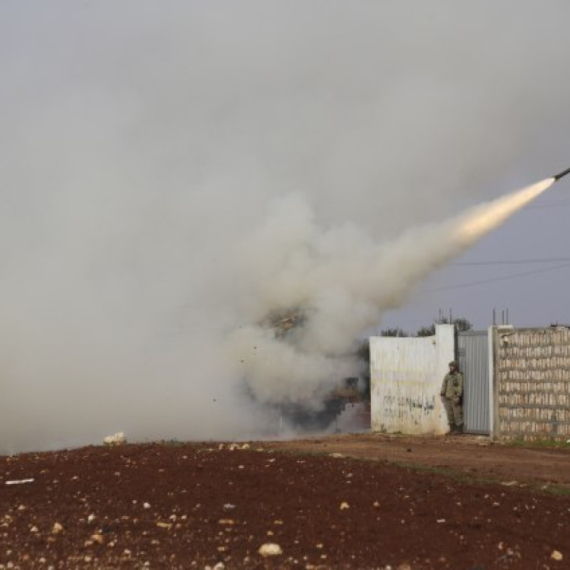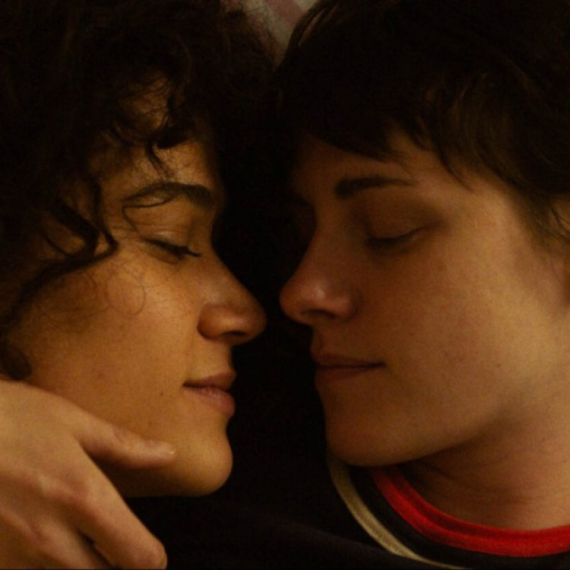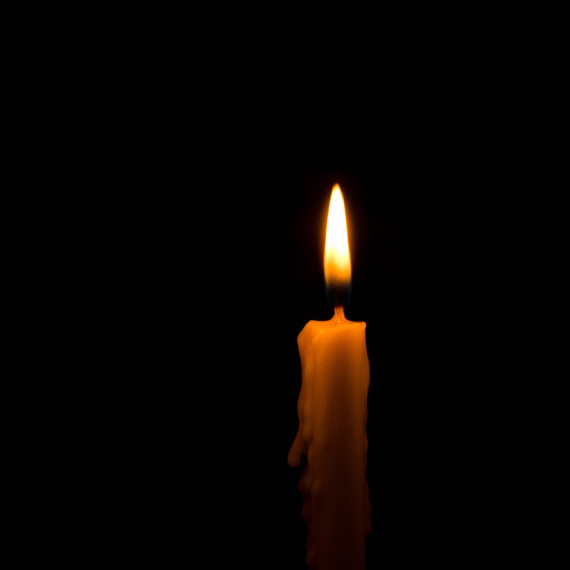Bosnia-Herzegovina to hold census in October
Director of the Agency for Statistics of Bosnia-Herzegovina Zdenko Milinović has announced that the first post-war census will be conducted in October.
Friday, 25.01.2013.
19:44

SARAJEVO Director of the Agency for Statistics of Bosnia-Herzegovina Zdenko Milinovic has announced that the first post-war census will be conducted in October. The monitoring team of the Statistical Office of the European Union (Eurostat) will in May give its final evaluation on whether the required standards for a census had been met, Milinovic told Croatia's Hina news agency. Bosnia-Herzegovina to hold census in October The census in Bosnia-Herzegovina was originally scheduled for April this year but had to be postponed for six months, since Eurostat observers who monitored the trial census last year pointed out to the need for many technical changes and adaptation to European standards. The Council of Ministers last week approved amendments to a relevant law, adopted last year, and suggested that a new date be set for the first half of October. Milinovic said that he believed that this would be final and that Bosnia's parliament would approve the proposed changes to the law, adding that the agency was currently implementing all suggested technical checks and adjustments. The problem that caused the most debate was the definition of ethnic and religious affiliation and mother tongue. In previous discussions regarding the census, Serb political parties strongly insisted that ethnicity of the citizens be registered during the census, while the Bosniak (Muslim) parties' reaction was described as "extremely reserved" on the issue. Milinovic explained that in the case of Bosnia-Herzegovina Eurostat recommended that census takers "should not suggest any answers to the respondents" - instead leaving open the possibility that they may declare their ethnic and religious identity, and language. Meantime, it was estimated that the population census in Bosnia and Herzegovina could cost at least 42 million convertible marks ( EUR 21 million). The last population census was conducted in 1991, listing 4,377,033 people and 1,207,000 families. The largest single ethnic group were "then Muslims, now Bosniaks", reports Tanjug. They made up 43.5 percent of the population, followed by Serbs (31.2 %), and Croats (17.4 %). In 1991, only 5.6 percent of the citizens of Bosnia declared themselves as "Yugoslavs". (file) Tanjug
Bosnia-Herzegovina to hold census in October
The census in Bosnia-Herzegovina was originally scheduled for April this year but had to be postponed for six months, since Eurostat observers who monitored the trial census last year pointed out to the need for many technical changes and adaptation to European standards.The Council of Ministers last week approved amendments to a relevant law, adopted last year, and suggested that a new date be set for the first half of October.
Milinović said that he believed that this would be final and that Bosnia's parliament would approve the proposed changes to the law, adding that the agency was currently implementing all suggested technical checks and adjustments.
The problem that caused the most debate was the definition of ethnic and religious affiliation and mother tongue.
In previous discussions regarding the census, Serb political parties strongly insisted that ethnicity of the citizens be registered during the census, while the Bosniak (Muslim) parties' reaction was described as "extremely reserved" on the issue.
Milinović explained that in the case of Bosnia-Herzegovina Eurostat recommended that census takers "should not suggest any answers to the respondents" - instead leaving open the possibility that they may declare their ethnic and religious identity, and language.
Meantime, it was estimated that the population census in Bosnia and Herzegovina could cost at least 42 million convertible marks ( EUR 21 million).
The last population census was conducted in 1991, listing 4,377,033 people and 1,207,000 families.
The largest single ethnic group were "then Muslims, now Bosniaks", reports Tanjug. They made up 43.5 percent of the population, followed by Serbs (31.2 %), and Croats (17.4 %).
In 1991, only 5.6 percent of the citizens of Bosnia declared themselves as "Yugoslavs".


































Komentari 7
Pogledaj komentare